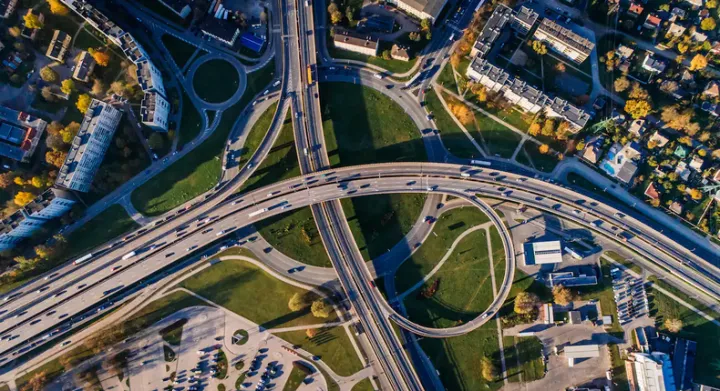
Roads are often referred to as the "nerves" of an economy, and for good reason. They form the backbone of a country's infrastructure, boosting the movement of goods, services, and people.
Roads are not just physical pathways but vital economic arteries that stimulate growth, development and prosperity. They link up producers with markets, get workers to their jobs, help students get to school, and even get the sick to the hospital.
Just like other parts of the world, Africa depends a lot on road infrastructure to link its regions and support trade within and between its 54 countries.
Roads are the primary mode of transport on the continent, and it carries 80 per cent of goods and 90 per cent of passenger traffic. However, Africa faces a huge road infrastructure deficit, leading to increased transaction costs and a low level of intra-Africa trade, which sits at just 18% of total goods traded on the continent.
Now, many countries are putting money where the asphalt is. The primary motivation behind these investments is the understanding that well-developed roads translate to economic growth, job creation, and well-connected communities.
Countries vary in their road quality and network length, reflecting diverse levels of infrastructure development.
According to a report by Global Firepower, South Africa has the most extensive road network in Africa, covering 750,000 km, and ranks 11th globally. Nigeria follows with 195,000 km, placing it 29th, while Kenya has 161,452 km, ranking 32nd.
Below are the top 10 African countries with the longest road networks:
| 1 | South Africa | 750,000km | 11th |
| 2 | Nigeria | 195,000km | 29th |
| 3 | Kenya | 161,452km | 32nd |
| 4 | Democratic Republic of Congo | 152,373km | 34th |
| 5 | Tanzania | 145,203km | 35th |
| 6 | Mali | 139,107km | 38th |
| 7 | Ethiopia | 120,171km | 41st |
| 8 | Algeria | 104,000km | 46th |
| 9 | Zimbabwe | 97,267km | 49th |
| 10 | South Sudan | 90,200km | 55th |

















Comments